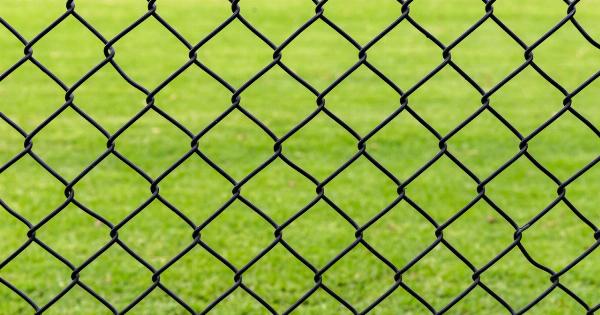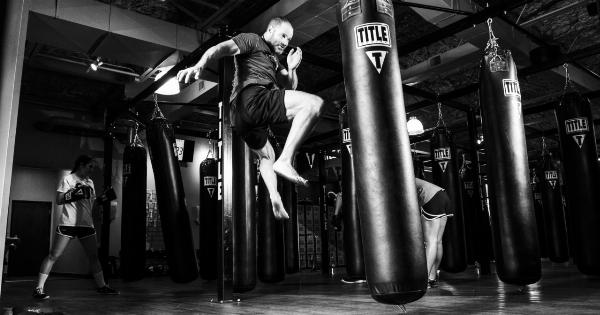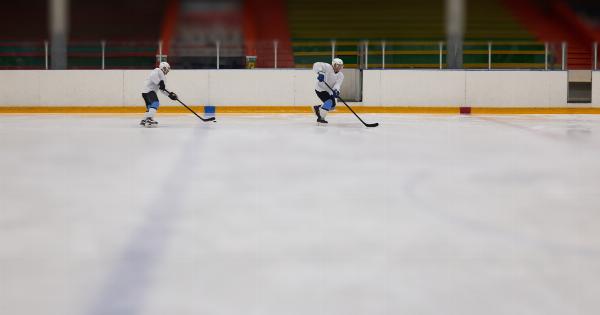Running is an excellent form of exercise that offers numerous physical and mental health benefits. It improves cardiovascular fitness, enhances mood, and helps to maintain a healthy weight.
However, after a run, it is essential to engage in certain habits that promote recovery rather than hinder it. Unfortunately, some post-run habits can actually impede your body’s ability to recover effectively. In this article, we will explore seven post-run habits that can slow down your recovery process.
1. Skipping the Cool-Down
A common mistake many runners make is skipping the cool-down after a run. Cooling down after exercise is crucial as it allows your heart rate to gradually return to its resting state and helps prevent dizziness or fainting.
By abruptly stopping without a cool-down, your blood can pool in your lower extremities, leading to lightheadedness. Additionally, a cool-down can aid in reducing muscle soreness and stiffness, promoting a faster recovery.
2. Neglecting to Hydrate
Proper hydration is essential for runners, both during and after a run. When you exercise, your body loses water through sweat. Failing to replenish these lost fluids can hinder your body’s recovery process.
Dehydration can lead to muscle cramps, fatigue, and decreased performance. It is recommended to drink water or a sports drink containing electrolytes to help replenish the lost fluids and restore proper hydration levels.
3. Not Consuming Post-Run Nutrition
After a run, it is crucial to provide your body with the necessary nutrients it needs to repair and recover. Many runners make the mistake of not consuming a balanced meal or snack post-run.
To optimize recovery, it is recommended to consume a combination of carbohydrates and protein within 30 minutes to an hour after running. Carbohydrates replenish energy stores, while protein aids in muscle repair and growth.
4. Ignoring Proper Rest and Sleep
Rest is vital for allowing your body to recover from the physical stress of running. Ignoring the need for rest or not getting enough sleep can hinder your recovery process.
During sleep, your body releases growth hormone, which aids in muscle repair and recovery. Aim for at least 7-9 hours of quality sleep each night to optimize your body’s ability to recover and perform at its best.
5. Failing to Stretch and Foam Roll
Stretching and foam rolling are crucial for maintaining flexibility, preventing injury, and aiding in recovery. Many runners neglect to stretch properly post-run, which can lead to muscle imbalances and decreased flexibility over time.
Incorporating dynamic stretching exercises and using a foam roller to target tight areas can help release tension and promote muscle recovery.
6. Ignoring the Signs of Overtraining
Overtraining occurs when you push your body beyond its limits without adequate rest and recovery. Ignoring the signs of overtraining, such as persistent fatigue, decreased performance, and frequent injuries, can lead to prolonged recovery periods.
It is essential to listen to your body and give it the rest it needs to recover properly. Incorporating active recovery days and varying your workouts can also prevent overtraining.
7. Failing to Address Injuries Promptly
Injuries are a common occurrence for runners, and failing to address them promptly can significantly prolong recovery time. Ignoring pain or continuing to run through an injury can lead to further damage and hinder your body’s ability to heal.
If you experience pain or discomfort during or after a run, it is crucial to seek proper medical advice and take the necessary steps to recover before resuming your training.
Conclusion
To optimize your running performance and overall well-being, it is essential to develop healthy post-run habits that promote recovery. Avoid skipping the cool-down, neglecting hydration, or dismissing the importance of post-run nutrition.
Make sure to prioritize rest and sleep and incorporate stretching and foam rolling into your routine. Recognize the signs of overtraining and address any injuries promptly. By adopting these habits, you can enhance your body’s ability to recover, stay injury-free, and enjoy the long-term benefits of running.

























